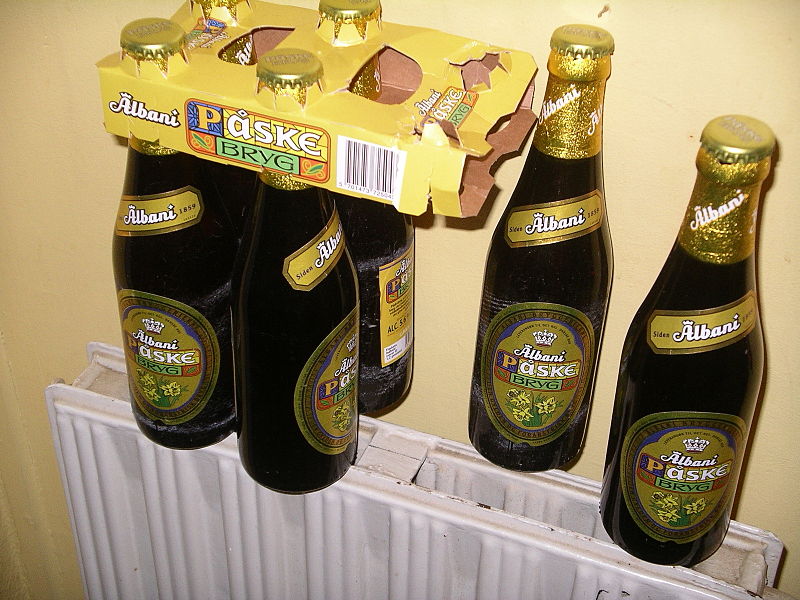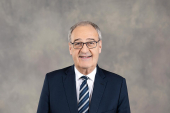
As the new academic year commences, a surge of Danish upper secondary schools is choosing to forgo traditional alcohol-infused first-semester parties. The Danish Health Authority and the
education association Dansk Gymnasier have both expressed concerns regarding the prevalent youth drinking culture in Denmark, prompting this shift.
This alteration reflects an ongoing national dialogue surrounding drinking norms in Denmark. The Danish Health Authority highlights that Danish youth consume more alcohol than their European counterparts. The aim is twofold: to reshape the drinking behavior of young individuals and to provide students with a healthier beginning to their high school journey.
Niels Sandø, the head of the Danish Health Authority's prevention unit, envisions the change: “Many young people experience drinking pressure when they start a youth education. If we remove the alcohol, they can form relationships where the social aspect is the focal point, rather than the alcohol."
Henrik Nevers, Chairman of Dansk Gymnasier, shares the sentiment: “we observe, especially among new high school students, that there is a lot of peer pressure around how much they should drink."
Private parties also fall under scrutiny. Nevers notes that self-organized 'puttefester' parties contribute to an unhealthy drinking culture and suggests reining them in. He states, “We are interfering in events taking place outside school because we want young people to have the best school-start possible. Currently they are drawn, very early on, into a very strong alcohol culture."
Tradium College in Randers has been among the pioneers in adopting this practice. Principal Else Ravn Rasmussen expresses satisfaction that more schools are tightening their alcohol policies, emphasizing that "students get to know each other in a more honest way when there’s no alcohol involved."
However, not all schools share this perspective. Gribskov Gymnasium, for instance, maintains an intro party where students can purchase alcoholic beverages. Principal Kristoffer Sidenius believes that such events build a sense of community, and he doubts the efficacy of a two-month alcohol-free policy on students' drinking habits outside school.
Despite disagreements, Sandø counters the argument: “This idea is a bit like the narrative that it is best that children learn to drink at home. But those who learn to drink at home are also those who drink the earliest and most."
Ravn Rasmussen suggests there are alternative bonding activities, saying, “There are plenty of activities to bond over, other than drinking, when you start a youth education." Photo by Wikimedia commons.



































